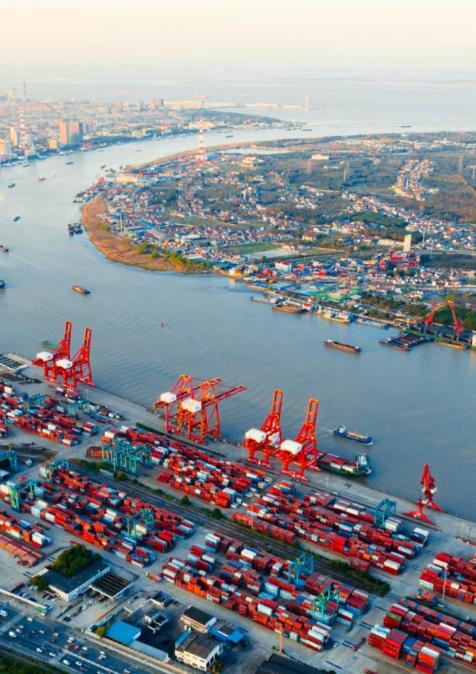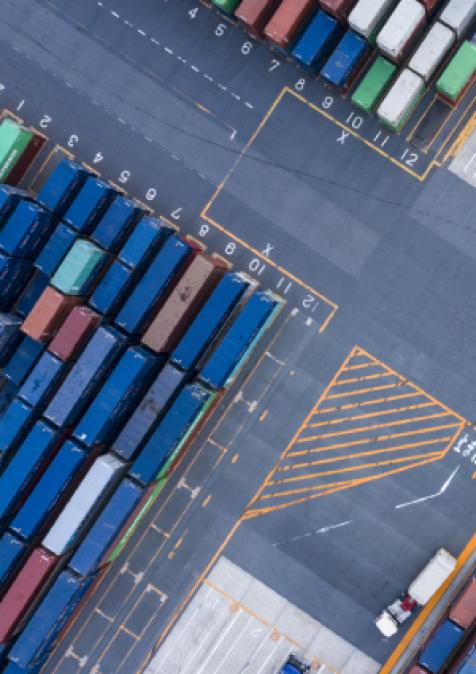Podcasts
Les répercussions de la guerre commerciale entre les Etats-Unis et la Chine
Dans le présent Podcast, notre Senior Fellow Uri Dadush apporte des éclairages nécessaires pour la compréhension des impacts que pourrait générer la guerre commerciale entre les Etats-Unis et la Chine.
Dans son analyse, l’économiste Dadush décline les trois dimensions que pourraient revêtir les effets de ce conflit commercial, en considérant que l’une d’elles aura un impact très négatif, en ce sens que c’est l’économie mondiale qui sera affectée.
Uri Dadush fait remarquer que ce conflit commercial, de même que les négociations bilatérales qui le ponctuent, se déroulent en dehors du cadre de l’Organisation Mondiale du Commerce (OMC). De ce fait, souligne-t-il, les Américains, tout autant que les Chinois, agissent dans l’illégalité, donnant un mauvais exemple pour le reste du monde.











